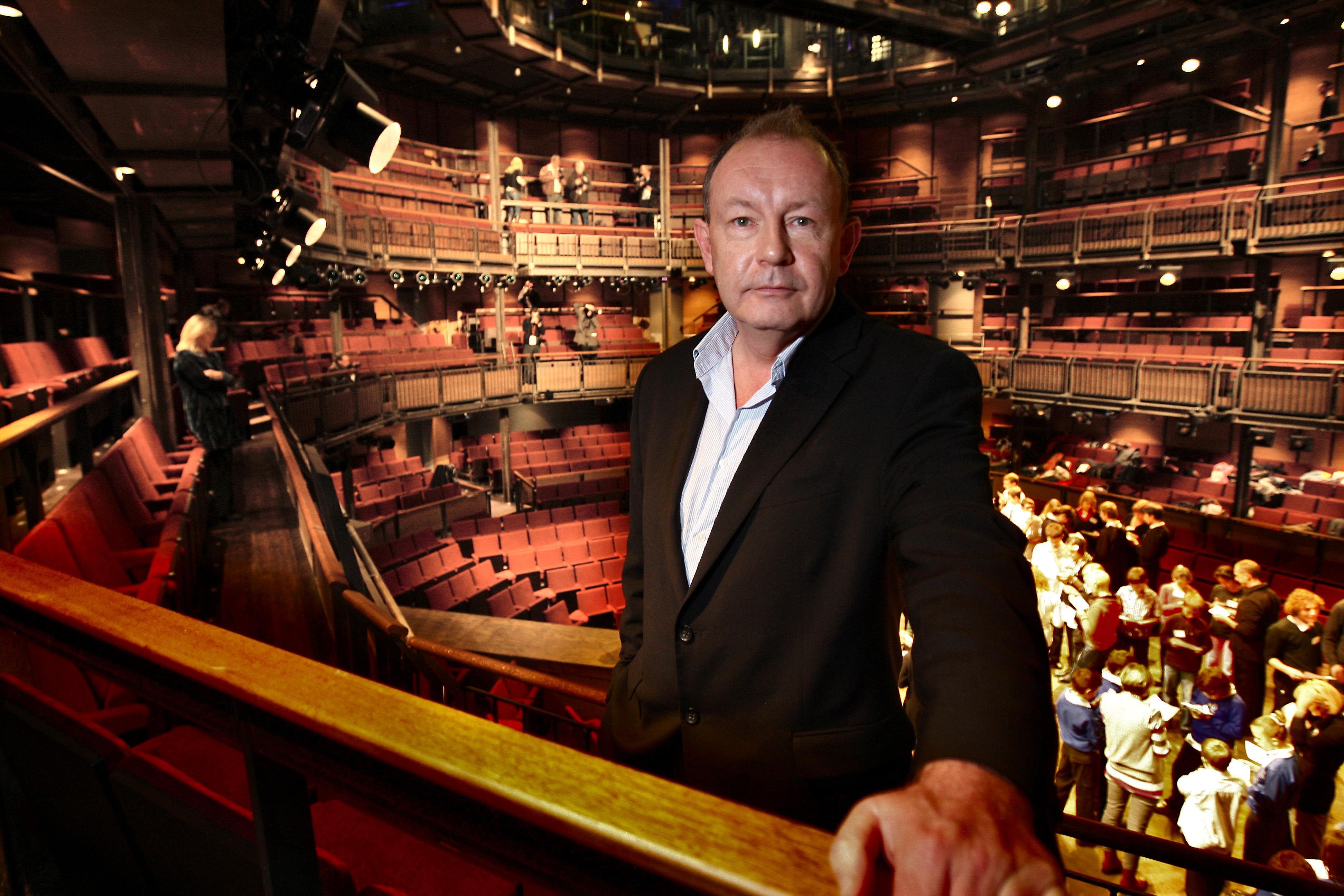Former RSC artistic director Sir Michael Boyd dies aged 68
Sir Michael was artistic director of the Royal Shakespeare Company between 2002 and 2012.

Theatre director Sir Michael Boyd has died from cancer at the age of 68, his family has announced.
He was artistic director of the Royal Shakespeare Company (RSC) between 2002 and 2012.
A statement from Sir Michael’s family said: “Theatre director Michael Boyd has died from cancer.
“His career took him from training in Moscow to artistic directorships at the Tron Theatre Glasgow (1985-96) and the Royal Shakespeare Company, after joining as an associate director in 1996.”
On his time with the RSC, it added: “Michael’s tenure created cultural change both backstage and front of house.
“He shaped a company that everyone, whether theatre artists, production staff or front of house wanted to be a part of, and he made them feel that they were all an integral part of the Company’s success.
“Over six years as an associate director and ten years as artistic director, his honesty, kindness and tenacity inspired love, loyalty and admiration from those who worked alongside him.”
The Belfast-born director was previously the assistant director at Coventry’s Belgrade Theatre and the Crucible Theatre, Sheffield.
He was the founding artistic director of Tron Theatre, Glasgow and became an associate director at the RSC in 1996 with Gregory Doran.
Sir Michael established himself as an RSC associate with his directorial debut, John Ford’s The Broken Heart in 1994.
It was followed by Shakespeare’s A Midsummer Night’s Dream and the first iteration of The Histories, a season of the eight history plays staged across 2000 and 2001, which won him the Olivier award for best director.
They were created in partnership with his long-running artistic collaborator Tom Piper.
In the summer of 2002, Sir Michael took over as artistic director of the RSC.
The company was going through a period of change as it had just left the Barbican Centre as its London home and the Royal Shakespeare Theatre in Stratford-upon-Avon was about to be demolished and rebuilt.
He took the opportunity to reimagine the company’s approach and developed the concept of having an ensemble of actors who work together for two or three years to allow for a deeper understanding of the text.
The Royal Shakespeare Theatre was also adapted to bring all the seats closer to the stage, altering the relationship between actor and audience.
The Les Miserables musical was created with Cameron Mackintosh and the RSC, but as its success waned, Sir Michael and playwright Jeanie O’Hare began developing Matilda The Musical, which became a great success.
Sir Michael was knighted in the 2012 Birthday Honours for services to drama.
The current co-artistic directors of the RSC, Tamara Harvey and Daniel Evans, said they were “humbled to walk in his footsteps”.
“Michael’s tenure and work were hugely inspiring and influential,” they added.
“His vision and leadership are still deeply felt in the Company and in the wider world of British and international theatre.”
Bookmark popover
Removed from bookmarks